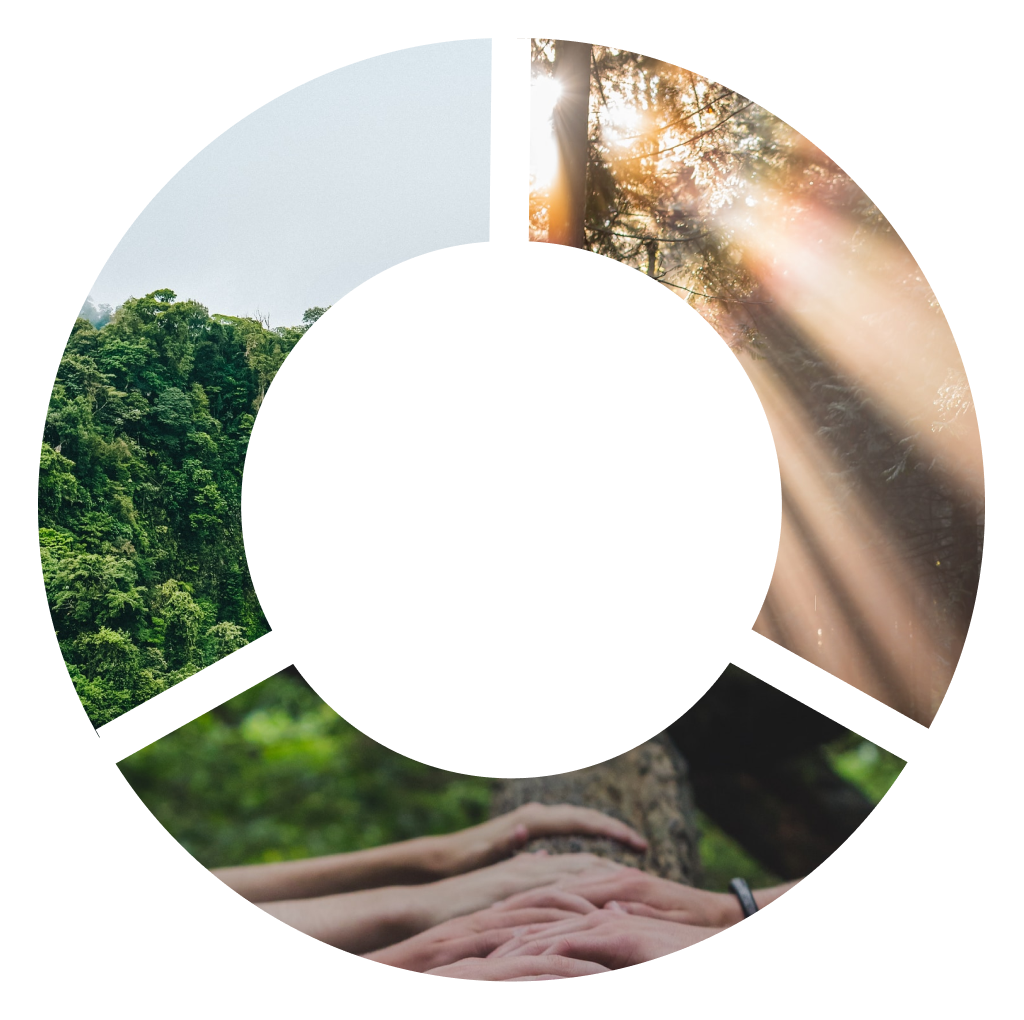Passionate about clinical research since starting working in 2004, after the master degree in Pharmaceutical chemistry, Sara made every step in clinical operations, starting as clinical trial coordinator at European Institute of Oncology, then moving to consultancy, in different roles. Since Jan 2015, Sara has been promoted to Head of Clinical Operations, having the possibility to lead, mentor and coach groups of clinical research specialists as direct reporting, first in a CRO, then in Pharmaceutical and Biotech companies, having the possibility to co-create the strategy for clinical development.
Before joining Napo, Sara worked in Novartis, first in Clinical Operations and the leading governance and oversight of medical activities at global/regional/country levels, as Compliance Director, coordinating local teams.
As part of the leadership team, she co-created Clinical Development Plans for different medicinal products and participated to meetings with Regulatory Agencies (FDA/EMA/AIFA). Also involved in business development meetings, she participated to the creation of international partnerships and company business plans.
Interested in people growth, she is taking part in a volunteering mentoring program for junior science specialists and recently reached a Master degree in Coaching.


